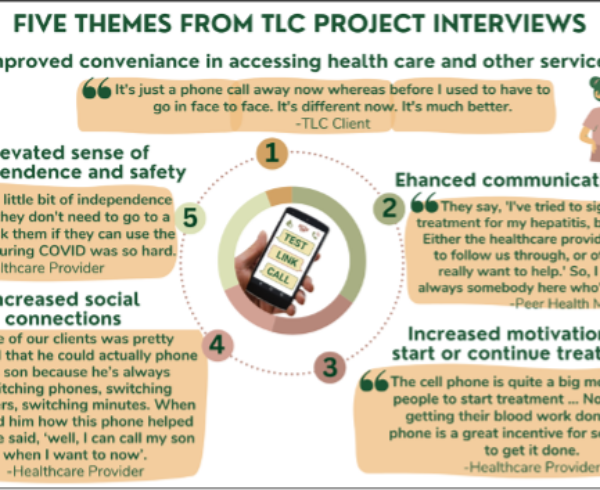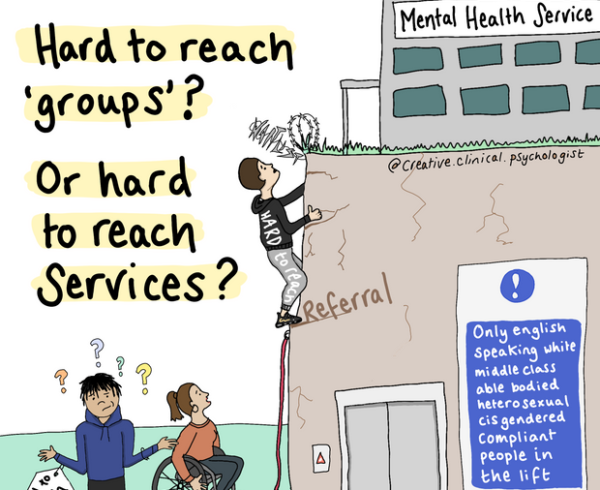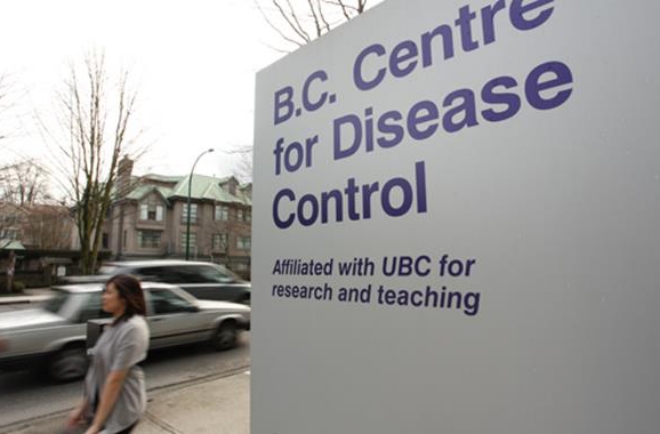
SEPTEMBER 5, 2024. By Amrit Tiwana, Nicola Gale, and Sofia Bartlett. People who experience criminalization, such as those who have been incarcerated,Read more
To support staff in correctional health care in streamlining, standardizing and simplifying STBBI testing and linkage to care, several tools and templates have been created in collaboration with health care providers in both the community and correctional centres, public health experts, and PWLLE of incarceration or STBBIs. These templates and tools are not intended to be prescriptive or to remove flexibility in approaches used. They are allowed to be reproduced or adapted with attribution to the You Matter – Pathways to Care for STBBIs project.
STBBI testing and linkage to care policies and guidelines will be limited in effectiveness without system efficiencies. Facility workflows can assist in planning how to systematically implement routine STBBI testing and linkage to care in correctional facilities. Below is a generic draft workflow that different correctional centres could adapt for their context. It was developed by the Correctional Health Services and You Matter Project STBBI Task Group and may be refined further in the coming months
Having a script to guide staff through the testing process can help to provide testing that is safe, person-centred, and only proceeds with meaningful consent. Below is a discussion tool that can help staff to structure conversations with clients when they are offering STBBI or hepatitis C testing.
To make ordering the right test at the right time easier, we have created pre-filled laboratory requisitions for standard panels of STBBI and liver function tests for specific visits. The pre-filled requisitions here are for the main outpatient laboratories used by Provincial Correctional Centres in British Columbia, so may not be able to be used in other jurisdictions.
To make linkage to care or treatment for STIBBIs such as HIV or HCV as easy as possible, and ensure continuity of medications for people returning to the community from custody while on medication, we learned that planning for release should begin as early as possible. Ideally, planning for release should begin immediately after intake, as many people are released from provincial custody unexpectedly or with very short notice. To support this planning, we created several tools and templates with input from people who have lived experience of incarceration or STIBBIs, as well as health care providers working in corrections and in the community.
The News & Stories page include blogs written by team members, news, project updates and past and upcoming events.

SEPTEMBER 5, 2024. By Amrit Tiwana, Nicola Gale, and Sofia Bartlett. People who experience criminalization, such as those who have been incarcerated,Read more

AUGUST 2024. By Nicola Gale, RPh (APA), MPH. More about Nicola Gale. Nicola Gale is a clinical pharmacist with an out-patient liverRead more

By Pacific Public Health Foundation NOVEMBER 8, 2023, Pacific Public Health Foundation Test, Link, Call: a simple premise with a powerful purposeRead more

By BC Ministry of Health JULY 30, 2023, BC Ministry of Health Communications People in B.C. will be better protected against theRead more

The You Matter Pathways to STBBI Care project is funded through the Public Health Agency of Canada …

We recently received funding for the Test, Link, Call (TLC) Project which will be launched in Fall 2021 …
Link to conference
https://www.aasld.org/the-liver-meeting/program/digital-experience
